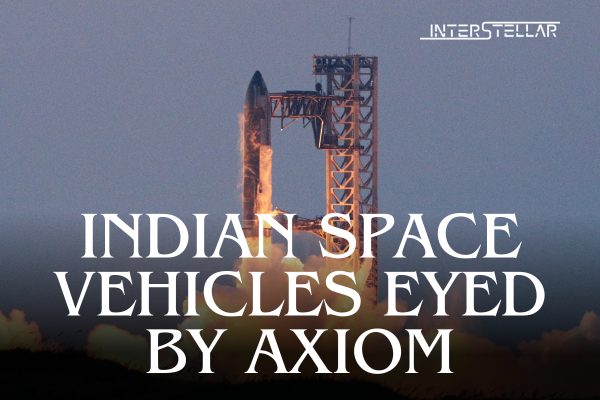Exploring Partnerships with India’s Space Sector
US-based startup Axiom Space is exploring the possibility of using Indian launch vehicles for its private space station missions. A senior executive at Axiom revealed ongoing discussions with India’s space agency, the Indian Space Research Organisation (ISRO), as well as private Indian launch companies. The talks aim to determine the best partnerships for supporting Axiom’s missions and diversifying its supply chain.
Pearly Pandya, Axiom’s director of international government business, stated that no contracts have been signed yet. However, Axiom is considering using Indian vehicles to transport materials necessary for building its private space station, which will eventually replace the International Space Station (ISS). “It could be to transport raw materials as we develop our space station,” Pandya noted during an industry event.
India’s Expanding Role in Private Space Ventures
Axiom’s interest in Indian launch capabilities coincides with India’s recent efforts to boost its private space sector. In 2023, the Indian government opened up its space industry to private players and established a venture fund worth 10 billion rupees ($119 million) to support space startups. In addition, two private companies—Skyroot and Agnikul—are working on rockets designed to carry payloads of up to 300 kilograms into low Earth orbit. These efforts position India as a potential partner for international space missions like those planned by Axiom.
ISRO has also been active in preparing its technology for private sector use. In September, ISRO completed the final developmental flight of its Small Satellite Launch Vehicle (SSLV). Plans are underway to transfer this design to private companies, potentially enabling them to expand launch capabilities.
Funding Growth in India’s Space Sector
Axiom’s exploration of Indian partnerships comes as funding for India’s space industry grows. Investment in Indian space companies reached $126 million in 2023, a 7% increase from 2022’s $118 million and a 235% jump from the $37.6 million raised in 2021. These figures, reported by Tracxn, reflect India’s expanding appeal as a hub for space innovation.
Additionally, Axiom is also in discussions with European countries to further diversify its supply chain. This broad international approach follows a US-India Space Flight Agreement signed in August, which will see the US and India collaborate on Axiom’s upcoming mission to the ISS.
Axiom’s Vision for a New Space Station
Axiom Space is one of the few companies actively constructing a private space station. This station is intended to serve as a successor to the ISS, which NASA plans to retire around 2030. Axiom’s collaboration with ISRO and private Indian companies could enhance its ability to transport materials and support its construction efforts in low Earth orbit. The startup’s global approach to partnerships is a strategic move to strengthen its supply chain and achieve its long-term goals.





